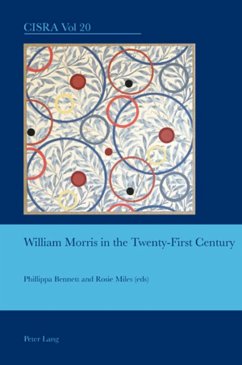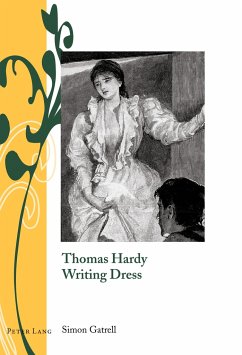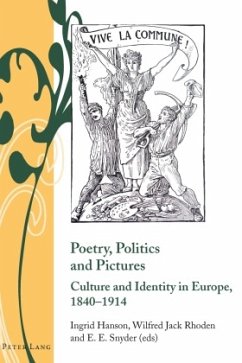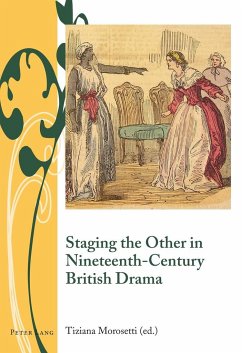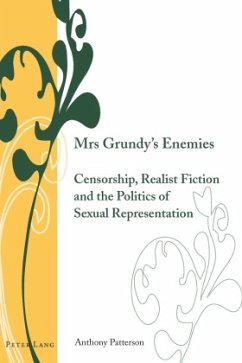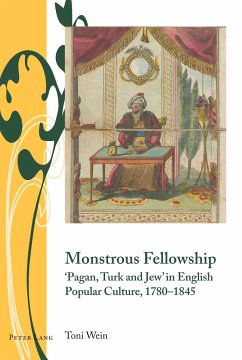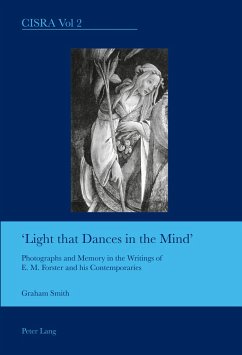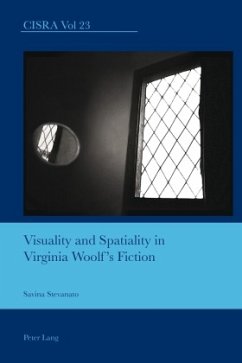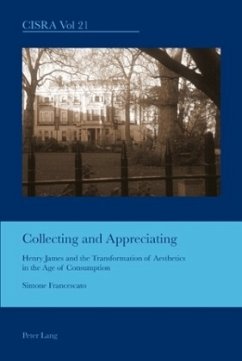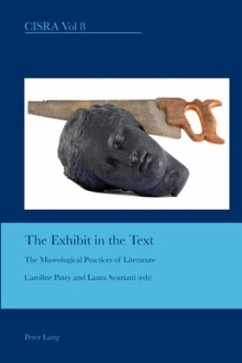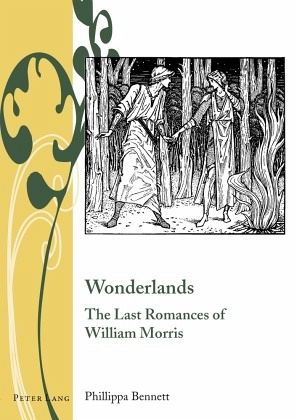
Wonderlands
The Last Romances of William Morris
Versandkostenfrei!
Versandfertig in 6-10 Tagen
107,85 €
inkl. MwSt.

PAYBACK Punkte
0 °P sammeln!
William Morris's last romances are strikingly original stories written in his final years, but they remain relatively neglected in both Morris studies and nineteenth-century literary studies. This book provides a full-length critical account of these works and their essential role in promoting the continuing importance of Morris's ideas. Approaching these romances through the concept of wonder, this book provides a new way of understanding their relevance to his writings on art and architecture, nature and the environment, and politics and Socialism. It establishes the integral connection bet...
William Morris's last romances are strikingly original stories written in his final years, but they remain relatively neglected in both Morris studies and nineteenth-century literary studies. This book provides a full-length critical account of these works and their essential role in promoting the continuing importance of Morris's ideas.
Approaching these romances through the concept of wonder, this book provides a new way of understanding their relevance to his writings on art and architecture, nature and the environment, and politics and Socialism. It establishes the integral connection between the romances and Morris's diverse cultural, social and political interests and activities, suggesting ways in which we might understand these tales as a culmination of Morris's thought and practice. Through a comprehensive analysis of these remarkable narratives, this book makes a significant contribution to both work on William Morris and to nineteenth-century studies more generally
Approaching these romances through the concept of wonder, this book provides a new way of understanding their relevance to his writings on art and architecture, nature and the environment, and politics and Socialism. It establishes the integral connection between the romances and Morris's diverse cultural, social and political interests and activities, suggesting ways in which we might understand these tales as a culmination of Morris's thought and practice. Through a comprehensive analysis of these remarkable narratives, this book makes a significant contribution to both work on William Morris and to nineteenth-century studies more generally



